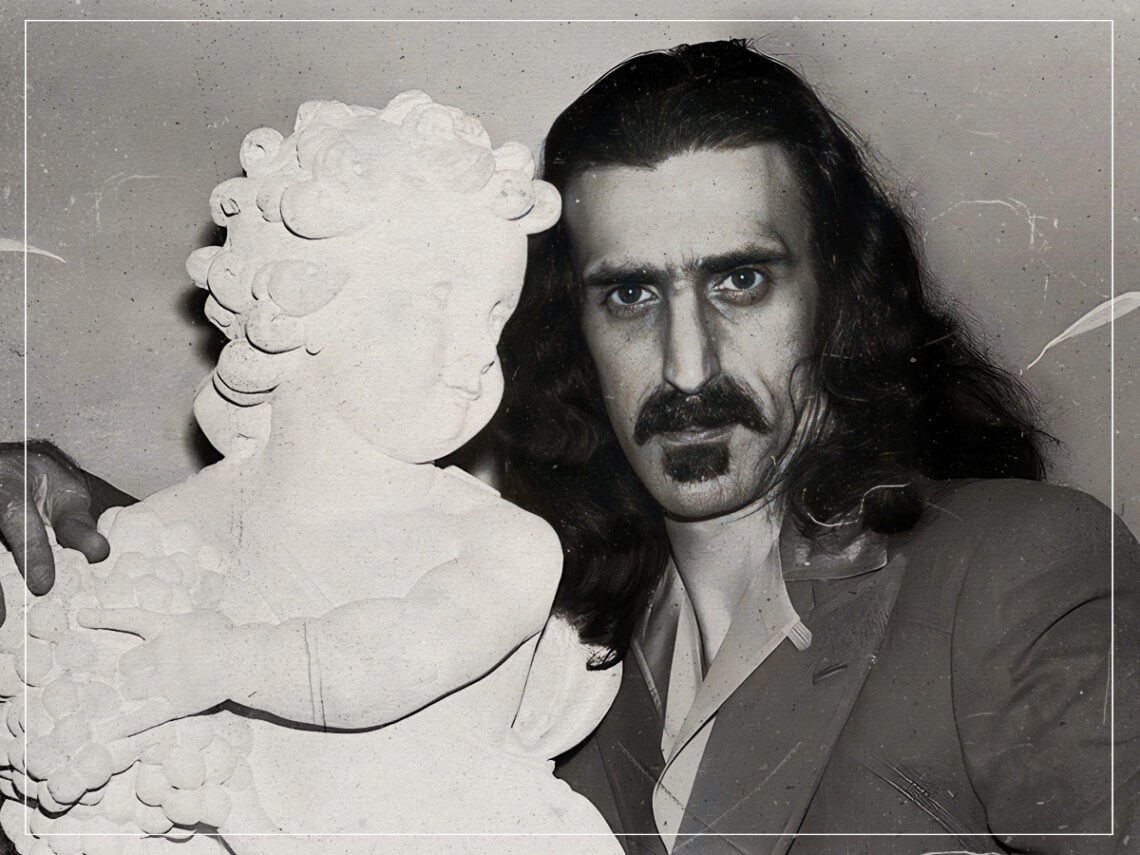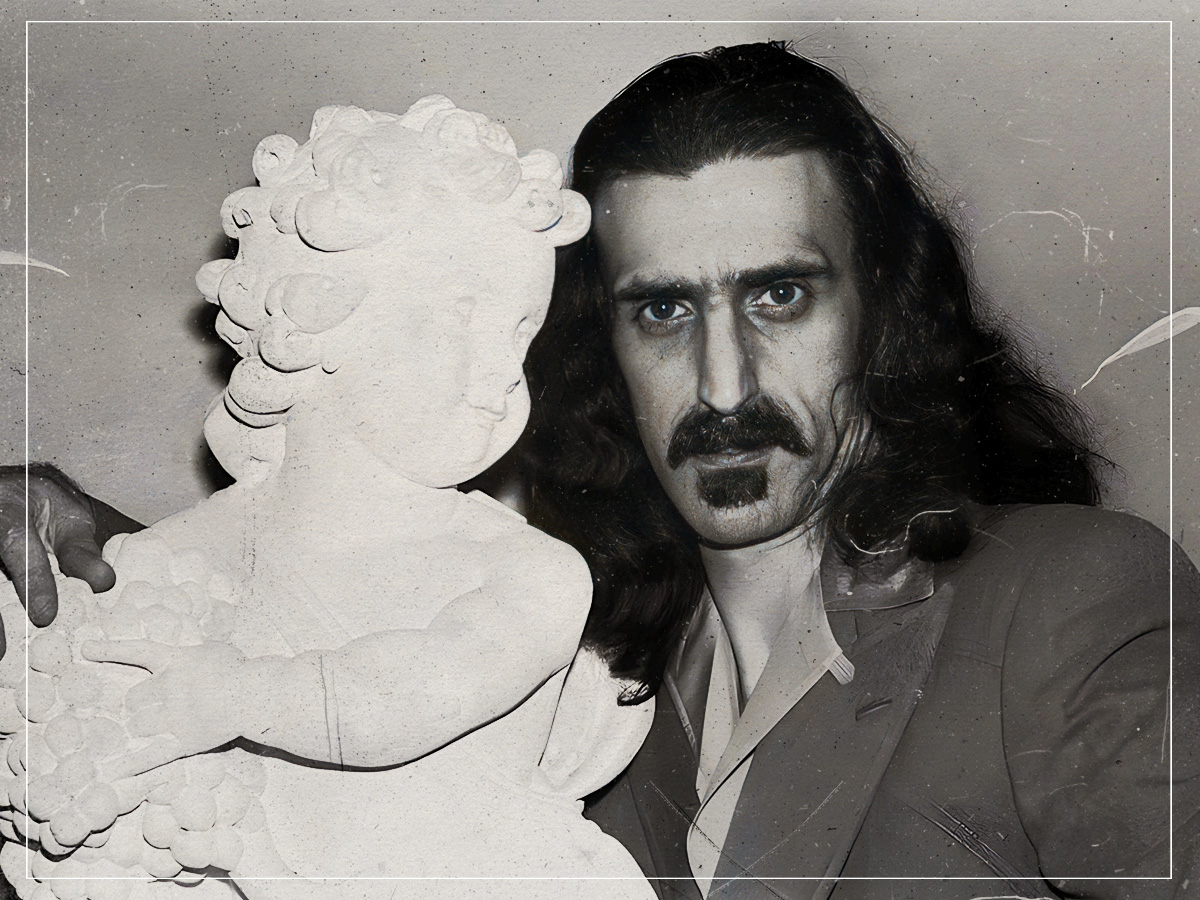
(Credits: Far Out / Alamy)
Mon 10 November 2025 16:30, UK
It’s hard to imagine Frank Zappa ever suffering pangs of creative insecurity.
Take any interview or TV appearance between his 1966 Freak Out! debut and the early 1990s before his death, and Zappa radiated an unerring confidence in his artistic outlook and political convictions. Detractors would even say arrogant or elitist, which aren’t entirely unfounded, the mountain of records that form the wild Zappaverse often gunked in layers of thickly-applied irony amid hectic, self-satisfied compositional busyness that can leave many cold.
Such an unwieldy oeuvre is the natural reflection of its taskmaster captain, Zappa forging a formidable reputation as a micro-managing despot who held zero tolerance for band member showboating or deviations from the score.
Yet, wobbles of self-doubt were had. Way back before even The Mothers of Invention had been cemented, a young Zappa was standing as the de facto leader of leftfield R&B group Soul Giants, when former Green Village folk hero turned plugged-in heretic Bob Dylan was immersing himself further into his detour to electric rock for 1965’s Highway 61 Revisited’s lead single.
“When I heard ‘Like a Rolling Stone’, I wanted to quit the music business, because I felt: ‘If this wins and it does what it’s supposed to do, I don’t need to do anything else,” Zappa confessed in 1969’s The Age of Rock: Sounds of the American Cultural Revolution anthology book. “But it didn’t do anything. It sold but nobody responded to it in the way that they should have”.
It’s quite the statement. Zappa seemingly had a funny yet affable relationship with the 20th-century songsmith, describing Dylan as a “nice guy” when recalling his impromptu visit to the Zappa homestead in December 1982 to play the piano and, allegedly, even suggesting Zappa produce his upcoming Infidels record, an offer eventually taken by Mark Knopfler. Elsewhere, Blonde on Blonde was derided as “cowboy music” to Playboy, and future King Crimson guitarist Adrian Belew contributed the most nasal vocals he could muster on Sheik Yerbouti’s ‘Flake’s Dylan pastiche.
‘Like a Rolling Stone’ stood as a seismic record for Zappa and the broader, burgeoning counterculture. As well as the piece’s characteristically shifting sentiment beneath its dense and knotty lyricism, Dylan’s needling barb to an alluded past flame eventually blossoms toward a private embrace of turning a new chapter, setting a songwriting standard of sophistication that The Beatles would keenly take notes from.
‘Like a Rolling Stone confounded commercial practices too, landing on the pop charts in its full six-odd minutes and still peaking at number two on the Billboard Hot 100. The peripheries were cast wide open, affording Zappa and the whole new generation of artists the unveiled hinterland to realise their limitless rock and pop imaginations.
Dylan counted himself a Zappa fan. Speaking to The Wall Street Journal in 2022, the storied songsmith revealed the record he’d been spinning routinely during the Pandemic’s dark days, as well as honouring the late Mothers maestro’s visionary and unique creative vision. “I listened to The Mothers of Invention record Freak Out!, which I hadn’t heard in a long, long time,” he confessed. “Frank Zappa was light-years ahead of his time”.
Related Topics
The Far Out Bob Dylan Newsletter
All the latest stories about Bob Dylan from the independent voice of culture.
Straight to your inbox.

